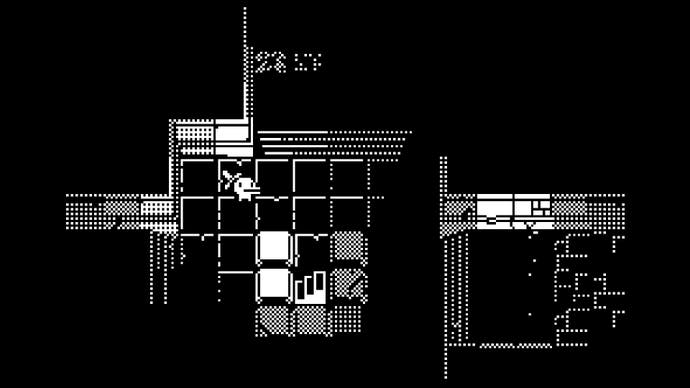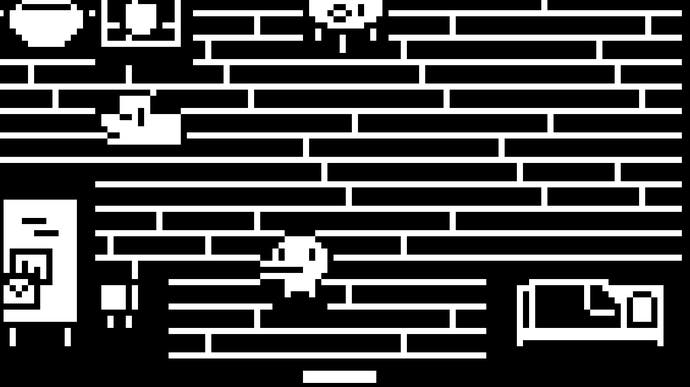Games need to take a Minit and think about their huge worlds
Smaller can be so much better.
Time limits are a much maligned bit of game design. A single level with a race against time is fine, Halo's final warthog run or Call of Duty Modern Warfare's desperate fight through a nuclear silo. But turn that into a whole game? People still argue over The Legend of Zelda: Majora's Mask and Dead Rising. The creeping pressure is quite the stress, and finding a balance that still pays off people's potentially lengthy investment should they fail to meet certain actions in time is evidently not easy. Minit's solution is right there in the name and it's magic.
Minit has a time limit, at the end of which you will die and lose your progress through the game's world. Some things are kept but you'll be starting from the last bed you slept in. What makes it work? You're only sent back a mere minute in time. That sharp focus and tiny scale turns the time limit from just an obstacle and into a way to actively encourage the player. 60 seconds isn't much to lose and so instead of a frustration, it's a prompt to do things better, quicker and smarter next time. It pushes you to really engage with the world because, when every second counts, you've got to find every shortcut, every exploit and get very good at taking out or avoiding enemies. That self-imposed limit means the designers have to fill every space, every single screen with things to do as players will return again and again. Density over vastness.

This mechanic highlights so many of the problems in other game worlds, especially open worlds. Some games are so big, and yet we engage with such a small percentage of their space in a meaningful way. When time isn't an obstacle, why not have miles and miles of samey fields? "More is better" is such a common characteristic of big budget titles and the result is big spaces, filled with repetitive content and scarcely anything memorable. Our interactions with so many gaming worlds is passive. Even when they're pretty enough to make us stop and snap a screenshot we're still not learning them or unravelling them. They just want to get us to the next item on a checklist.
Game's don't need to have time limits as a solution of course. Dark Souls does it all the same with its bonfires, forcing you think about your place in that world and the progress you make with each failure.
Limitations are important: they force us to get creative. And that's true of game designers as well as players. To impose restrictions on yourself, push you outside your comfort zone and try to engage more clearly with what you're doing. The demand for these huge games comes from players, though, and so I'd encourage you to try Minit. See how clever games can be when they're not trying to stretch their resources to create another Grand Theft Auto behemoth. Maybe we can let big studios know that it's okay to make small things.


